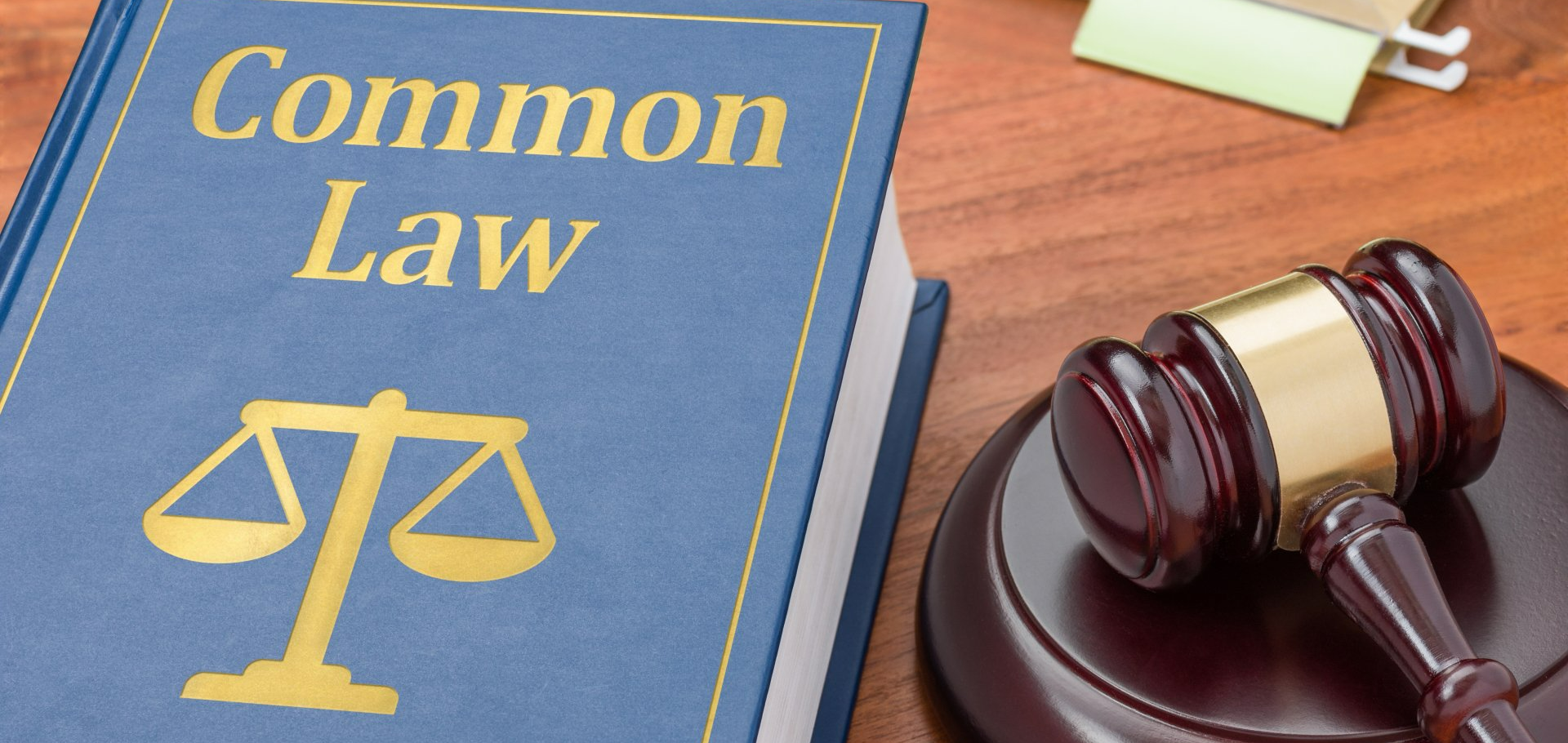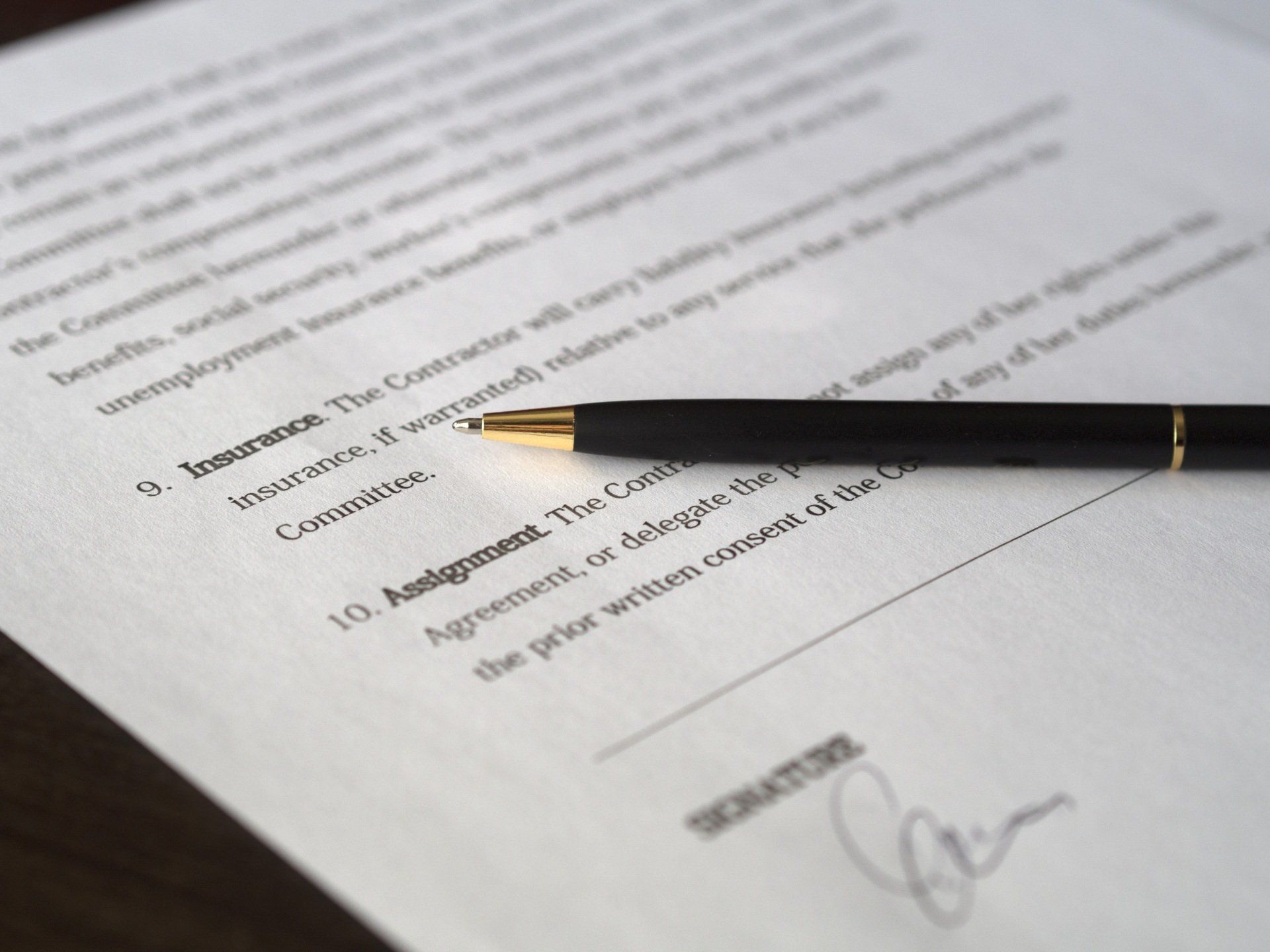Do You Know If You’re In A Common-Law Relationship?
Regardless of how secure you think your relationship is, it’s important to know and understand its legal status since you may be considered common-law in Canada.
You may be thinking, “I was never in a common-law relationship.” But, how can you prove this?

If you’re looking to protect yourself and your assets, you’ll need to prove that you never were in a common-law relationship with your current partner. We get numerous inquiries on a daily basis from couples who have disagreements over whether they were common law or not. This is where an experienced Vancouver family lawyer can help.
Keep reading to find out how common-law relationships work in Vancouver, and how to protect yourself with a cohabitation agreement in BC.
How Does Common-Law Work?
After a time period of living together, you often hear people refer to themselves as being in a “common-law” relationship, or having a “common-law” partner, but in legal terms, what does this really mean? The BC Family Law Act states you could be considered common-law if:
- You’ve lived with your partner in a marriage-like relationship for at least 2 years continuously OR
- You’ve lived together for less than 2 years, but you have a child together
If either of the above situations suits your relationship, the Family Law Act considers you and your partner to be spouses—a.k.a—in a common-law relationship. This is when certain rights come into play, such as spousal support and division of property or debt. Although in the latter scenario - common-law by reason of having a child together - will not in itself give rise to an entitlement to division of property and debt.
How Do You Prove You Are Not Common-Law?
Entering into a simple agreement with your partner stating that you’re not in a common-law is usually not effective on its own. If you do not have any children together, the actual circumstances of the parties will be considered to determine whether the parties were in fact living in a "marriage-like relationship" for at least 2 years. A judge will look at the following :
- Valid proof that you haven’t lived together for over 2 years
- Not having a child together
- Whether you had intimate relations
- Whether you took care of each other akin to spouses
- What your family and friends referred to the two of you as
- What you publicly referred to each other as
- Keeping your finances separate (no joint bank accounts or shared chequing accounts)
- Your relationship status on your tax return
- Where your mail was delivered
- Whether you own, lease, or rent any joint property
- A cohabitation agreement
- Your testamentary wishes and estate plans
If things are getting serious with your partner, a cohabitation agreement is a legal document that can help protect your rights and assets in the future. Talk to a family lawyer in the Vancouver area to help you make sense of it all before taking the next step in your relationship.
What Is A Cohabitation Agreement in BC?
A cohabitation agreement in British Columbia is a legal contract for partners who are about to, or who already are, living together. Its purpose is to protect both parties in case of separation. The agreement is used to predetermine what would happen in situations like:
- Property rights and division
- Spousal support
- Household expenses
- Joint assets or personal property
- Assets (joint or otherwise)
- Debt responsibilities
- Rights to the other's estate
A good family lawyer will include things like:
- How assets and debts will be divided upon separation
- A spousal benefit, if applicable, or a waiver
- Insurance policies
- The date that cohabitation first occurred
- Estate rights if one partner dies during or after separation
- A list of all assets and debts and valuations at the time of thr agreement
- Dispute resolution protocol
England & Lam: Helping to Protect You
It’s important you understand your legal rights, status, and options when it comes to your common-law relationship.
If you need trusted advice regarding your rights in a common-law relationship—or need help drafting a
cohabitation or separation agreement in BC, we can help.
Contact our team of Vancouver family lawyers today to book your free consultation.








